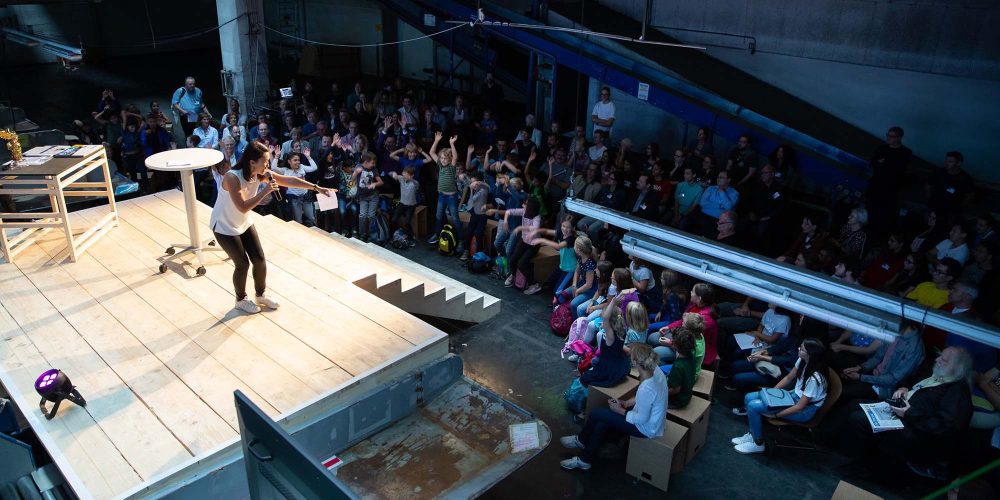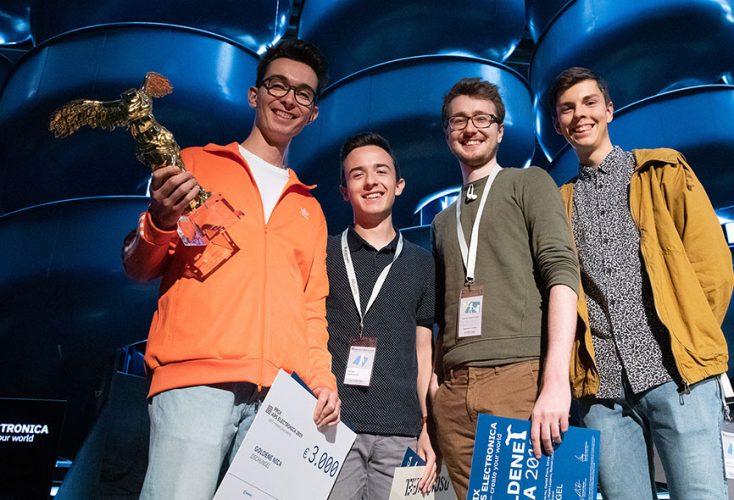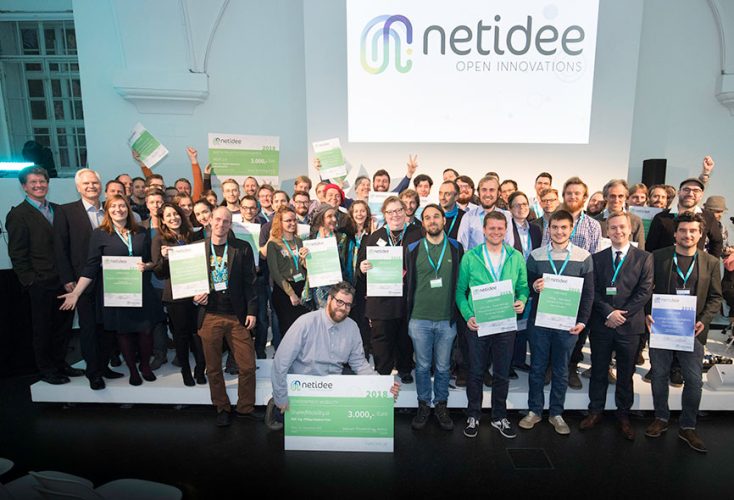
Cooperation & Innovation
-
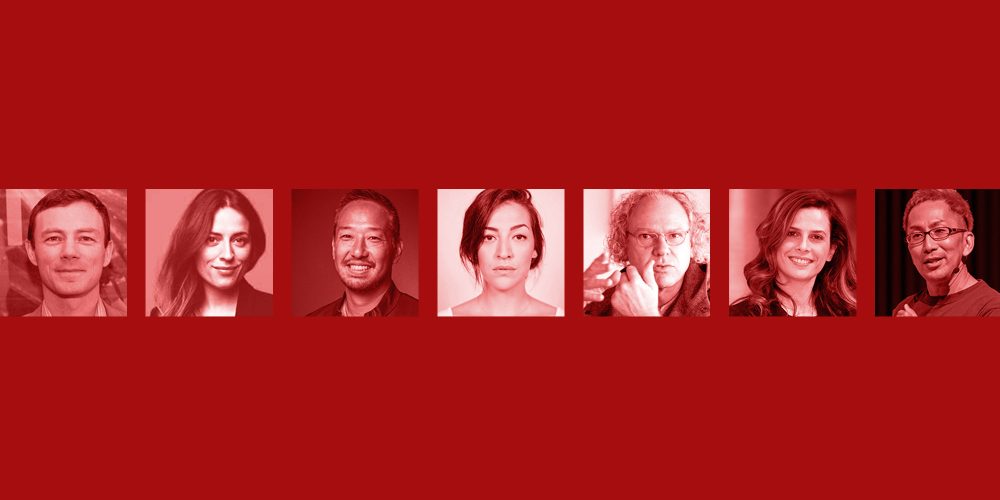
The 2020 STARTS Prize Jury
Every year a jury meets to examine and evaluate the submissions for the STARTS Prize. These experts have fascinating backgrounds and extraordinary fields of research, which we would like to present in the following.
-
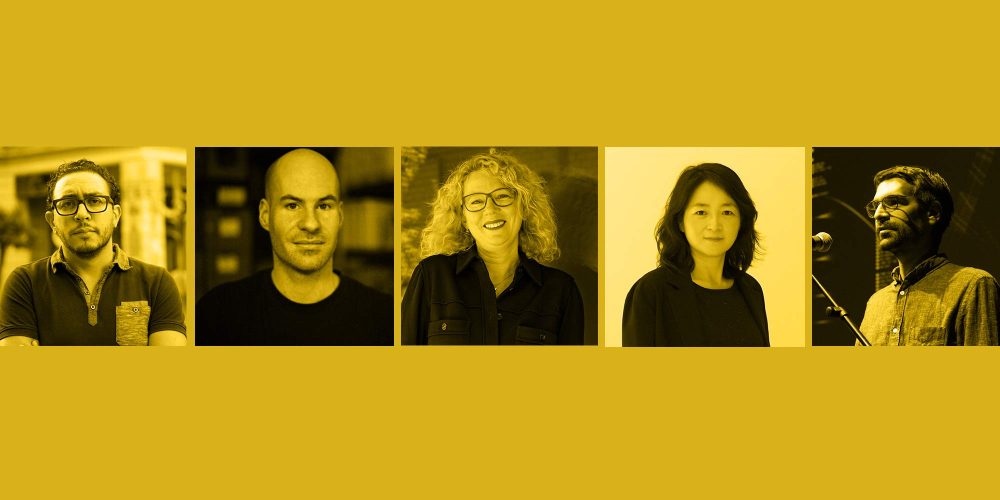
The Prix Ars Electronica Jury 2020: Interactive Art +
The jury in videos: We present to you the persons who will be deciding on the Golden Nica in the Interactive Art + category of the Prix Ars Electronica 2020.
-

The Prix Universe
The Prix Ars Electronica is the most traditional media art competition in the world. The winners will receive the coveted Golden Nicas, prize money up to 10,000 euros per category and a presentation at the prestigious Ars Electronica Festival in Linz.
-
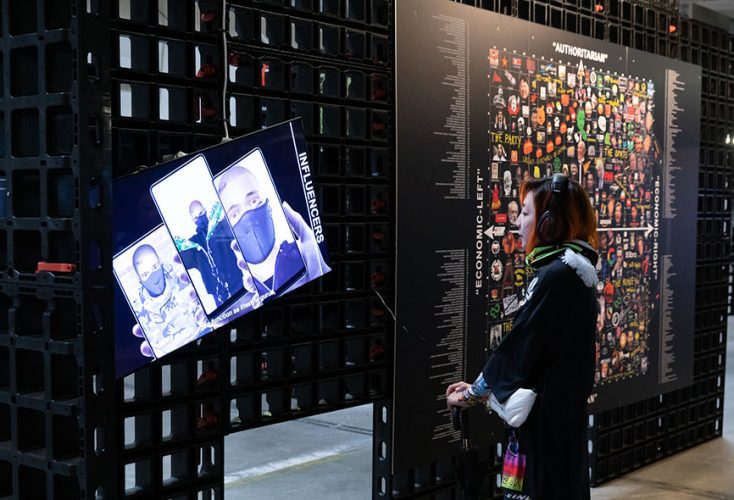
Let’s get STARTed!
It’s that time again! The submission for the STARTS Prize 2020 is open. Starting immediately, the European Commission, together with Ars Electronica, Bozar and Waag, is once again looking for pioneering projects at the interface of art, technology and science that contribute to economic and social innovation.
-
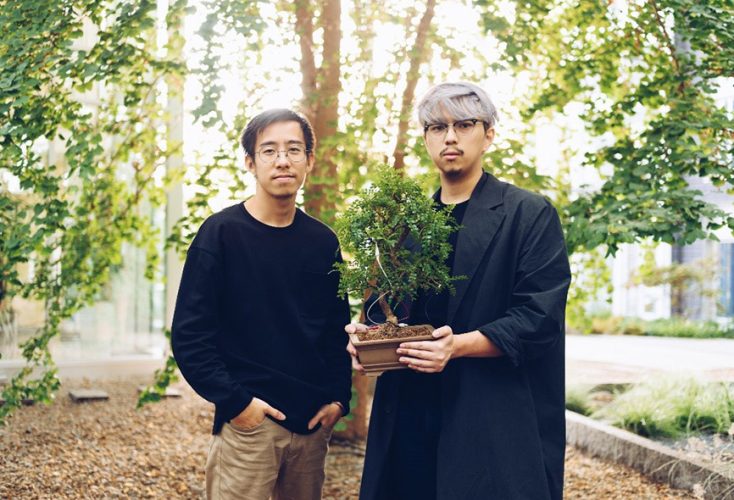
Patient Bonsai
A entire tree with branches and leaves, but as small as a potted plant: a bonsai becomes the symbol of “In Vivo”, which illuminates the border region between life and death. Behind it are the two artists Ernest Wu and Jake Tan from Singapore, who are working on their interactive installation as part of the…
-
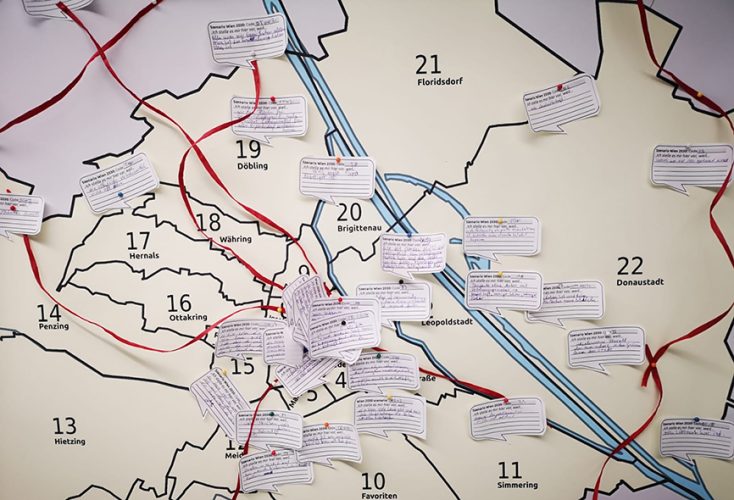
Co-creation materials on SDGs and digital futures tested at European Researchers Night
Ars Electronica Research Institute knowledge for humanity hub (k4h+) in collaboration with exploration space (at) ACDH (at) the Austrian Academy of Sciences, Social City Vienna and Knowledge City Vienna invited to participate in an experiment at the Vienna edition of the European Researchers Night 2019.
-

The ethical Dimension of Artificial Intelligence: A Residency with Foresight
Artificial intelligence is one of the top topics of our time – it is not reserved for an intellectual elite, but reaches up to the regulars’ tables. Just as it will influence our living environment, everyone should feel compelled to have a say and participate in decisions. Best in Edinburgh and Linz!
-
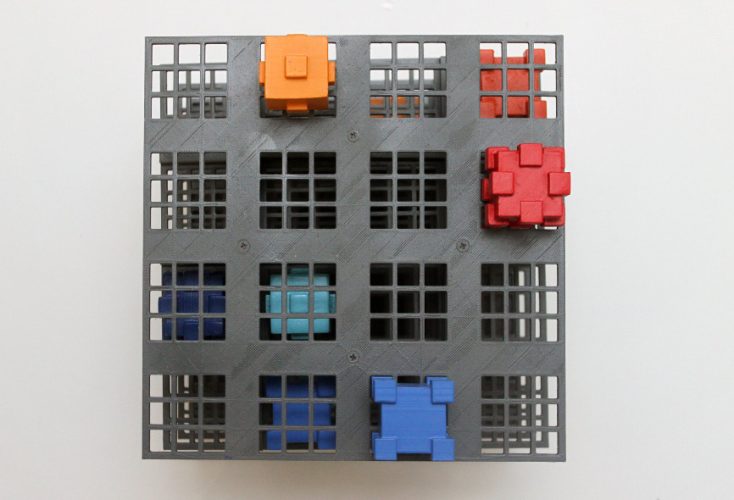
Innovation through interdisciplinarity
How can new paths be taken? Where does the impetus to rethink things come from? How can the mind be guided not to think in the usual way? Who are those who come up with such great things that can actually be used in real life? Well… we might have some answers.
-
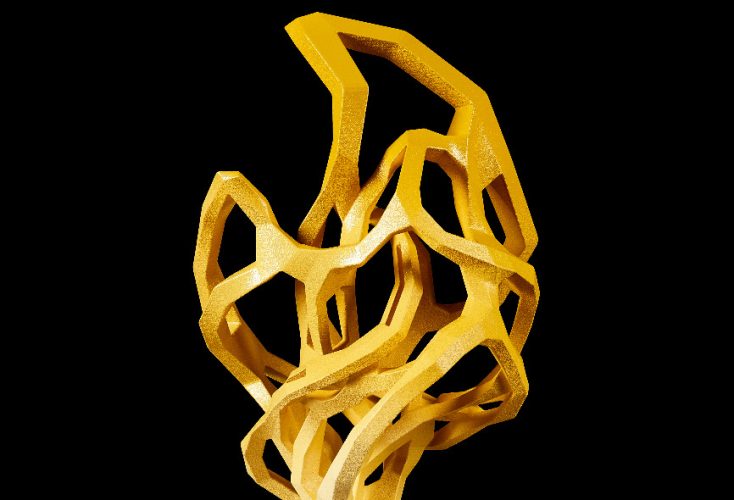
Even more gorgeous ideas
The European Commission’s STARTS Prize has been encouraging innovative and interdisciplinary project submissions since 2017. It is no coincidence that they are unusual and find a worthy presentation area at the festival.
-
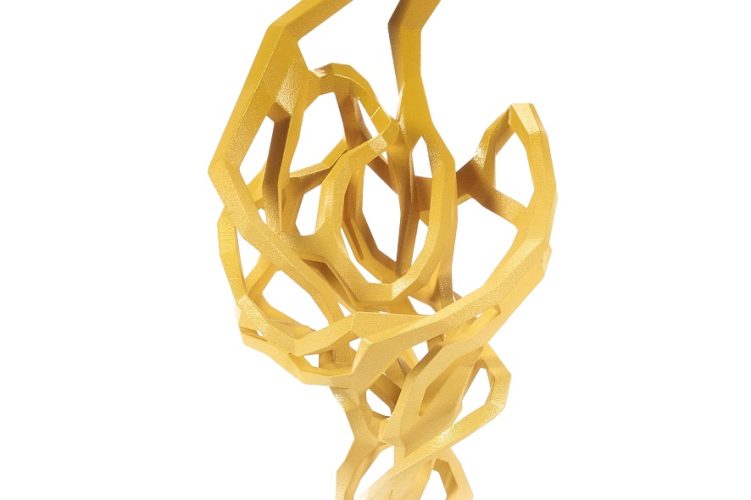
So many gorgeous ideas
Festival Friday is STARTS day – or rather S+T+ARTS, because the magic formula is Science + Technology + ARTS. Exactly in this connection lies a powerful potential for innovation, to consider the innovations of our time on various levels and to think socially, ecologically and economically.
-
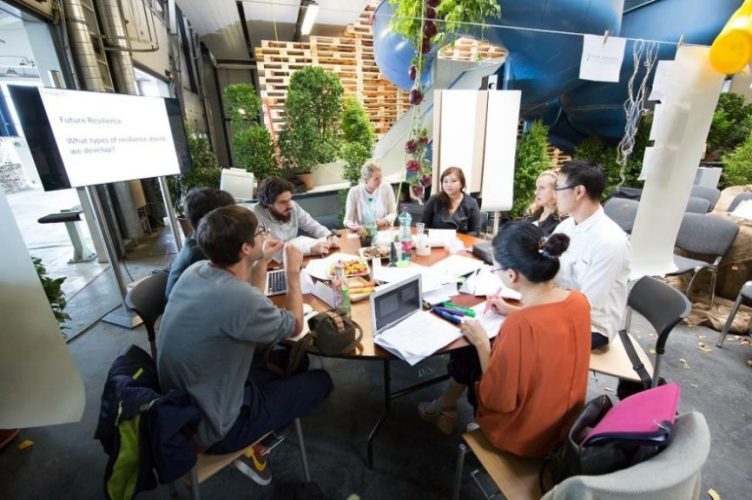
Space to think: Ars Electronica Art Thinking School
“Art Thinking is not a methodology, but an attitude”, says Ars Electronica Futurelab curator and key researcher Hideaki Ogawa. As such, Art Thinking can be cultivated – which is precisely the aim of the new initiative Art Thinking School, premiering at the 2019 Ars Electronica Festival.
-
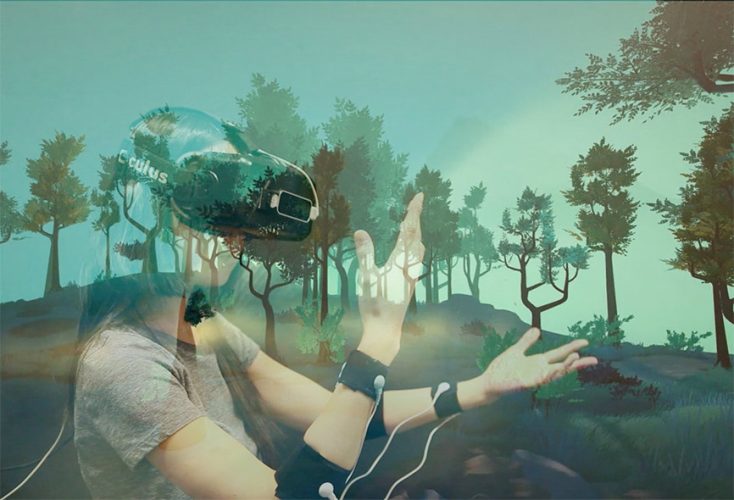
The Wandering Mind: Feel the Pulse of the Earth
Feel global environmental data, experience it with your own senses and be connected to the Blue Planet even more intensively as a human being: This is the aim of The Wandering Mind project by the artist duo slow immediate. In a few weeks their residency will start in Argentina and Austria – organized by the…
-
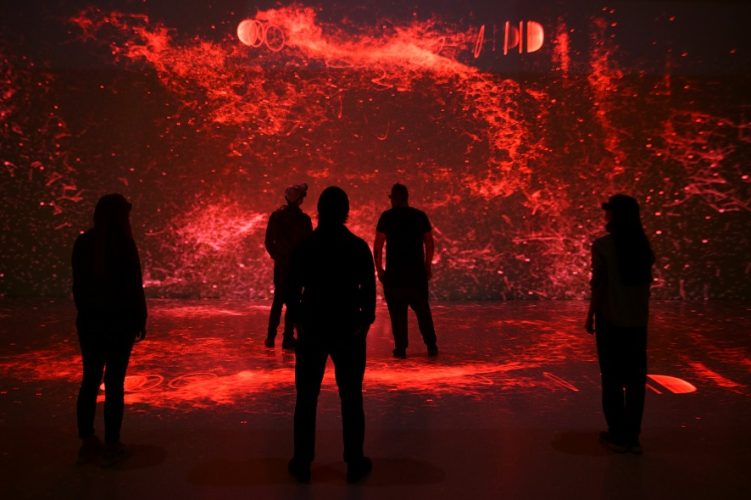
As if it were reality: Immersify
It’s almost as if you were there: immersive media let us dive deep into images and videos – sometimes to the point where we completely forget the world around us. In order to transform this new kind of media from a niche phenomenon to a widespread practice, the Ars Electronica Futurelab and four partners from…
-
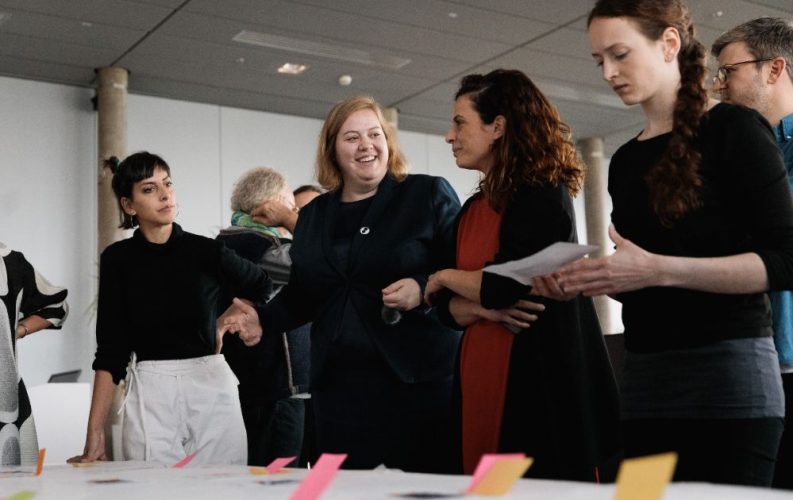
STARTS PRIZE: The Interdisciplinary Future
The decision is made! Winners and Honorary Mentions for the STARTS Prize of the European Commission have been determined. The international jury for this fourth consecutive award spent days discussing, observing, paring down entries and discussing again so the prize could be granted to very special projects in two categories: “Artistic Exploration” honors works where…
-
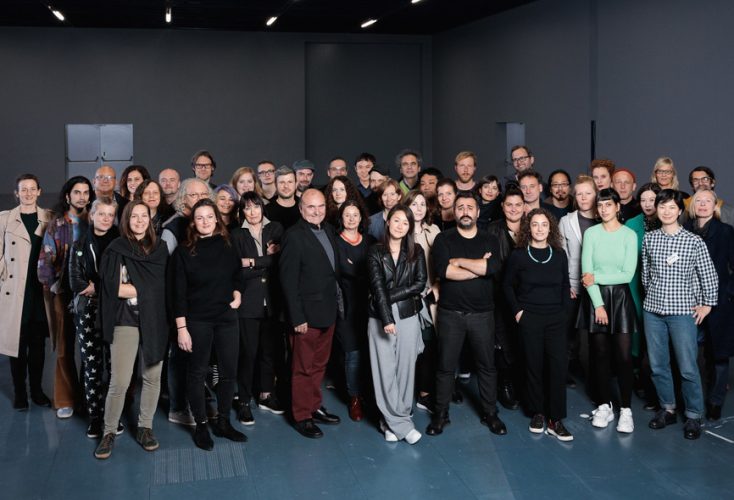
Prix Ars Electronica 2019: One Weekend, Four Golden Nicas
Every year a new jury, every year an extraordinary treasure of media artworks that want to be judged. Once again this year, 20 experts from all over the world met in Linz to agree on the Golden Nicas of the 2019 Prix Ars Electronica. A brief stroll through the jury weekend.
-
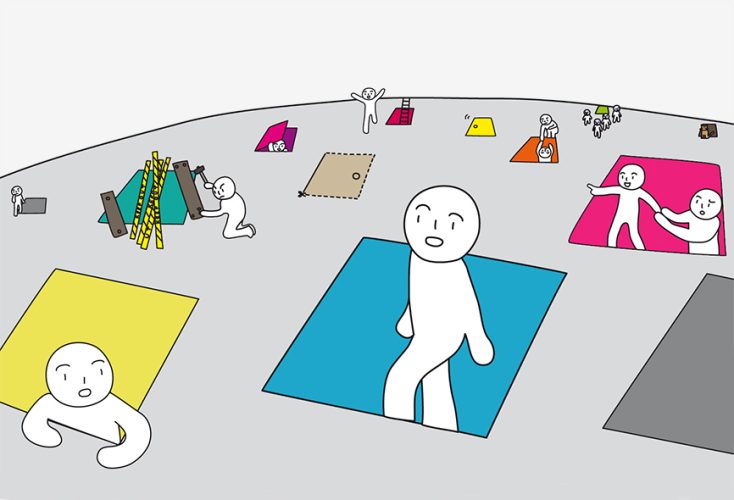
Out of the Box – the Midlife Crisis of the Digital Revolution
40 years after the first Ars Electronica Festival, “Out of the Box – the Midlife Crisis of the Digital Revolution” takes us on an expedition to the artistic-scientific surveying of our modern techno-economically-influenced world. In this interview, Gerfried Stocker, the artistic director of Ars Electronica, introduces the topic that the Ars Electronica Festival in Linz…
-
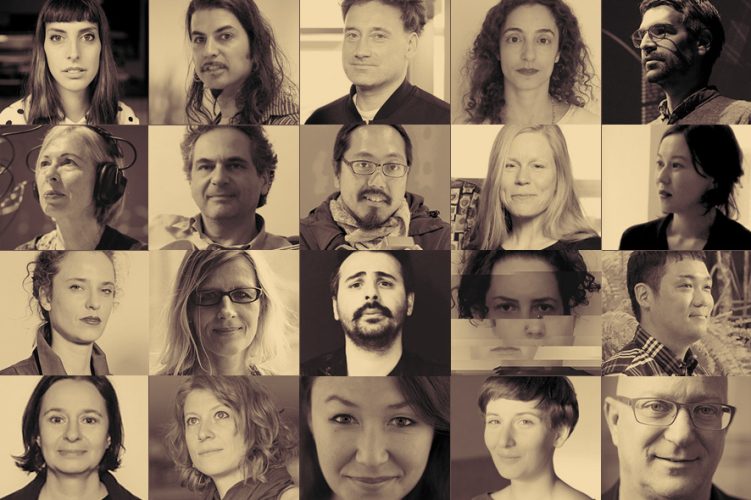
2019 Prix Ars Electronica: The Jury
We have extended the submission deadline for the Prix Ars Electronica to March 11, 2019! In the meantime, we will introduce the jurors with various video interviews that will decide who will receive the Golden Nicas 2019.
-
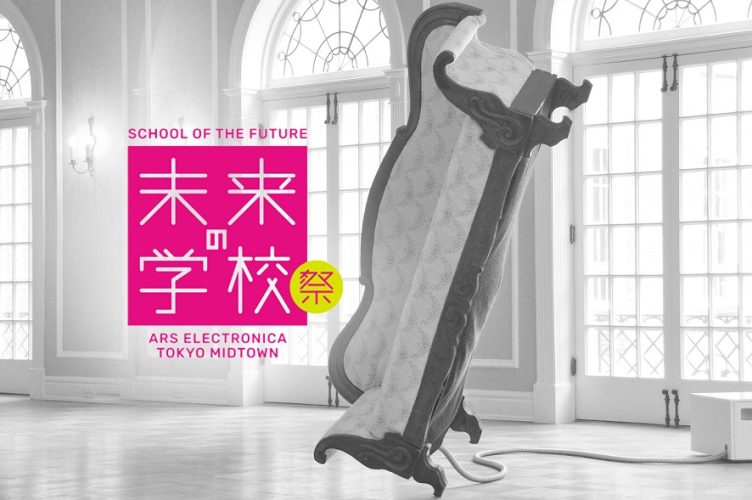
School of the Future Festival: GiriGiri
The first ever School of the Future Festival by Ars Electronica will take place at Tokyo Midtown February 21 to 24, 2019. The theme is GiriGiri – find out what this means and which exhibitions, performances, and talk sessions to look forward to in this interview.
-
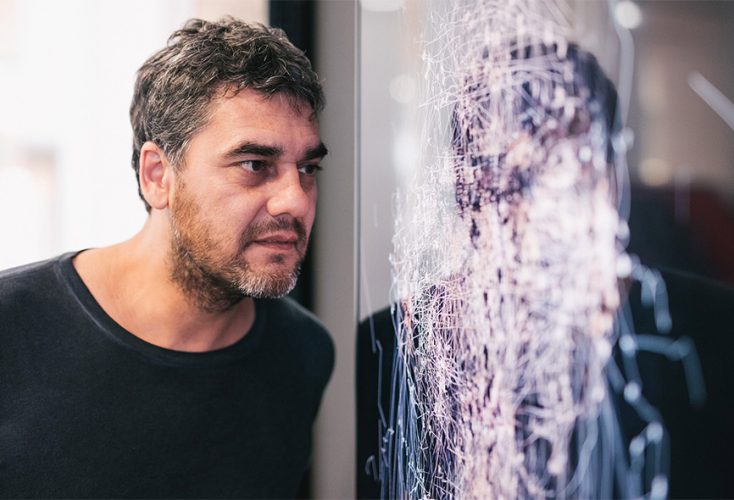
Artificial Intelligence and Neuroscience: A fascinating Cocktail for a Residency
The newly founded European ARTificial Intelligence Lab offers an exciting residency in Argentina and Austria for artists working in the fields of artificial intelligence and neuroscience. Mariano Sardon from Muntref Centro de Arte y Ciencia tells us more in this interview.
-
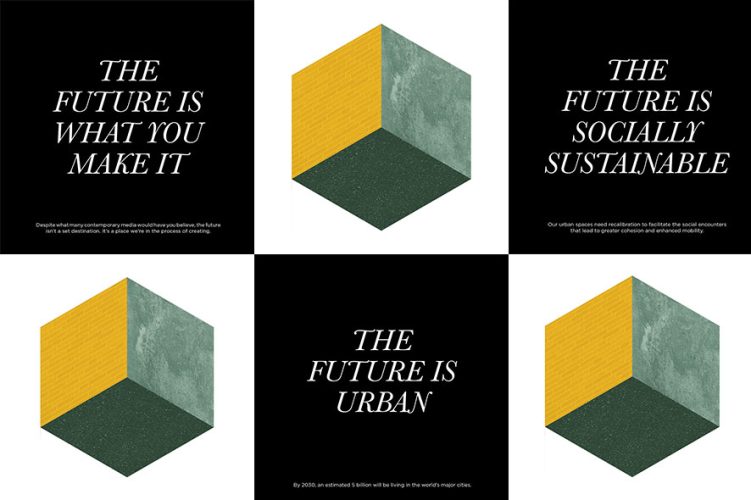
OPEN CALL: Creating sustainable cities, using digital technologies
Until February 15, 2019, the PRIX BLOXHUB INTERACTIVE open call is asking architects, engineers and creatives from around the world to submit their ideas and projects about how to use digital technologies to create more sustainable cities. In this interview, founder Liselott Stenfeldt tells us about the newly founded initiative and the submission details.
-
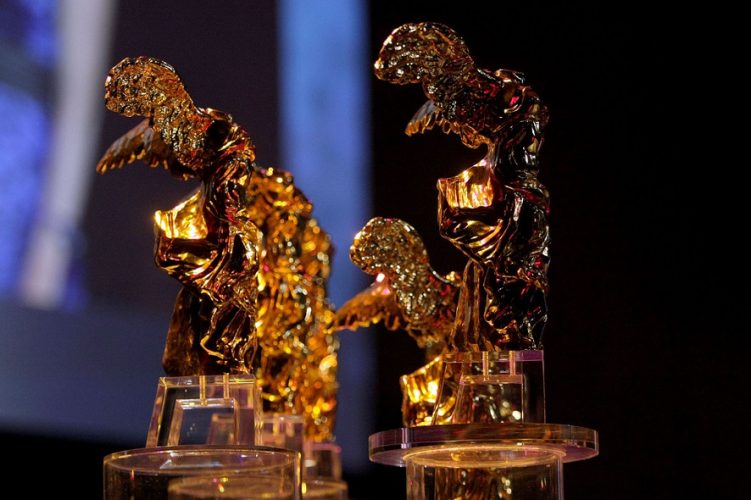
Prix Ars Electronica 2019: Artificial Intelligence & Life Art
The submission phase for this year’s Prix Ars Electronica ends on March 11, 2019! We took this opportunity to take a closer look at the new “Artificial Intelligence & Life Art” category.
-
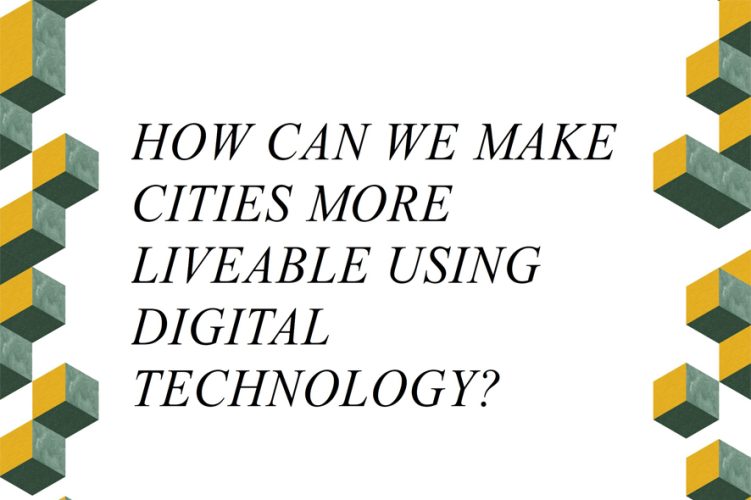
“We need to upscale”: How architecture, behavior and technology blend
How can we make cities more livable and sustainable using digital technology? This is the question raised by the PRIX BLOXHUB INTERACTIVE open call, a new cooperation between BLOXHUB, the Alexandra Institute and Ars Electronica. Find out more in this interview.
-
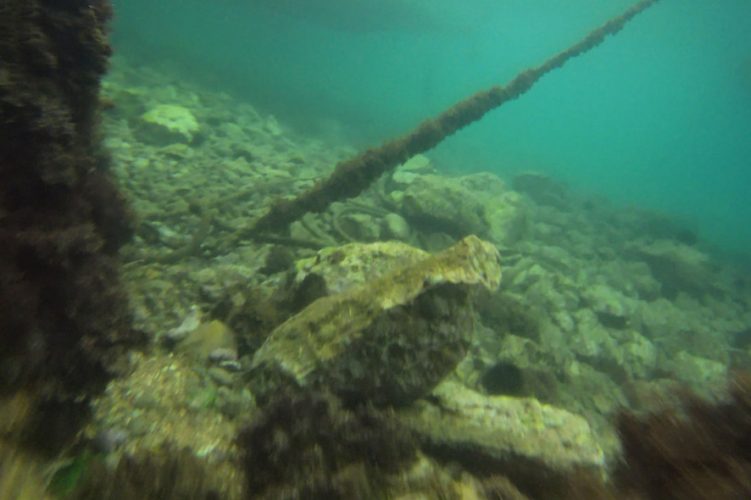
aqua_forensic: The Invisible Danger in the World’s Oceans
Invisible and yet threatening. The EMAP/EMARE project “aqua_forensic” by Robertina Šebjanič and Gjino Šutić is investigating human pollution in the oceans. It is the result of their residency at Ars Electronica. The second Open Call for a EMAP/EMARE residency runs until December 3, 2018.
-
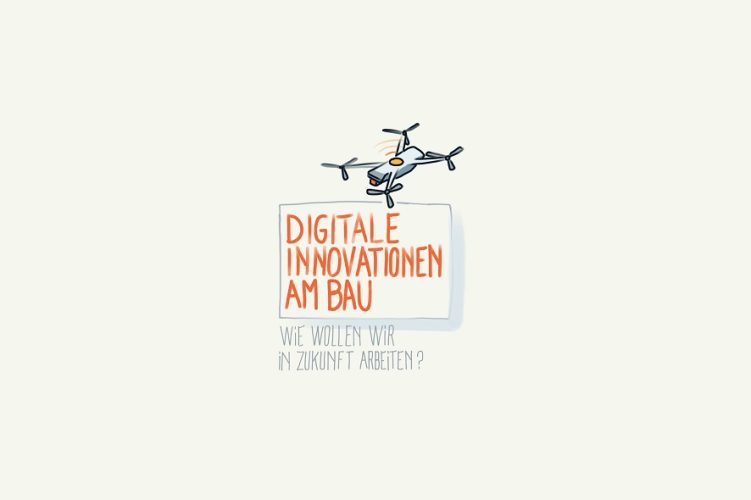
Innovation Lab: Digital Innovations in the Construction Industry
In cooperation with the Upper Austrian Economic Chamber, the Ars Electronica Futurelab organized an intensive Innovation Lab for firms in the construction industry. In this interview, Maria Pfeifer of the Ars Electronica Futurelab told us about how this seminar went and some of the leading-edge technology that will be changing how building will be done…
-
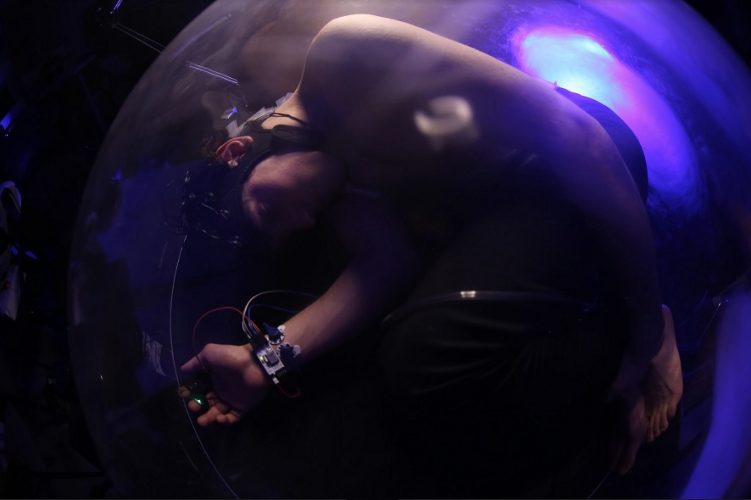
The Practice of Art and Science at the 2018 Ars Electronica Festival
“The Practice of Art and Science” at the Ars Electronica Festival September 6-10, 2018 presents projects at the interface of these two disciplines. Find out more in this interview.
